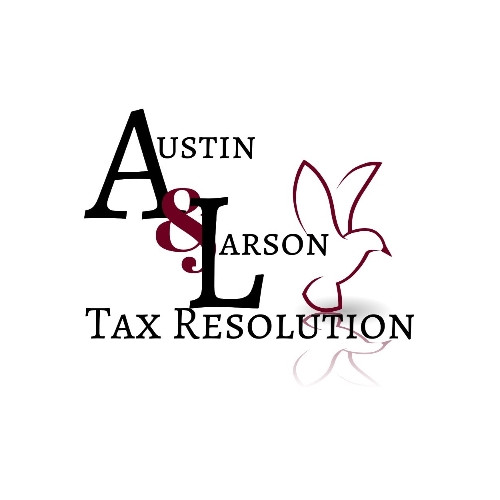Alternative Minimum Tax (AMT)
What does Alternative Minimum Tax (AMT) mean?
Alternative Minimum Tax, or AMT, is an income tax applied to individuals and corporations to ensure that those entities with income above a certain minimum threshold are required to pay at least a minimum defined income tax.
Congress created the Alternative Minimum Tax in 1969 to help ensure that the wealthiest taxpayers were not allowed to reduce their taxable income too low by taking significant deductions. Congress updated the definition of Alternative Minimum Tax in January 2013 to redefine who is considered a wealthy taxpayer to ensure it does not apply to too many people, which was becoming an increasingly large issue in recent years.
When an individual or corporation calculates their income tax, they must determine the Alternative Minimum Tax as well and pay the higher of the two amounts.






